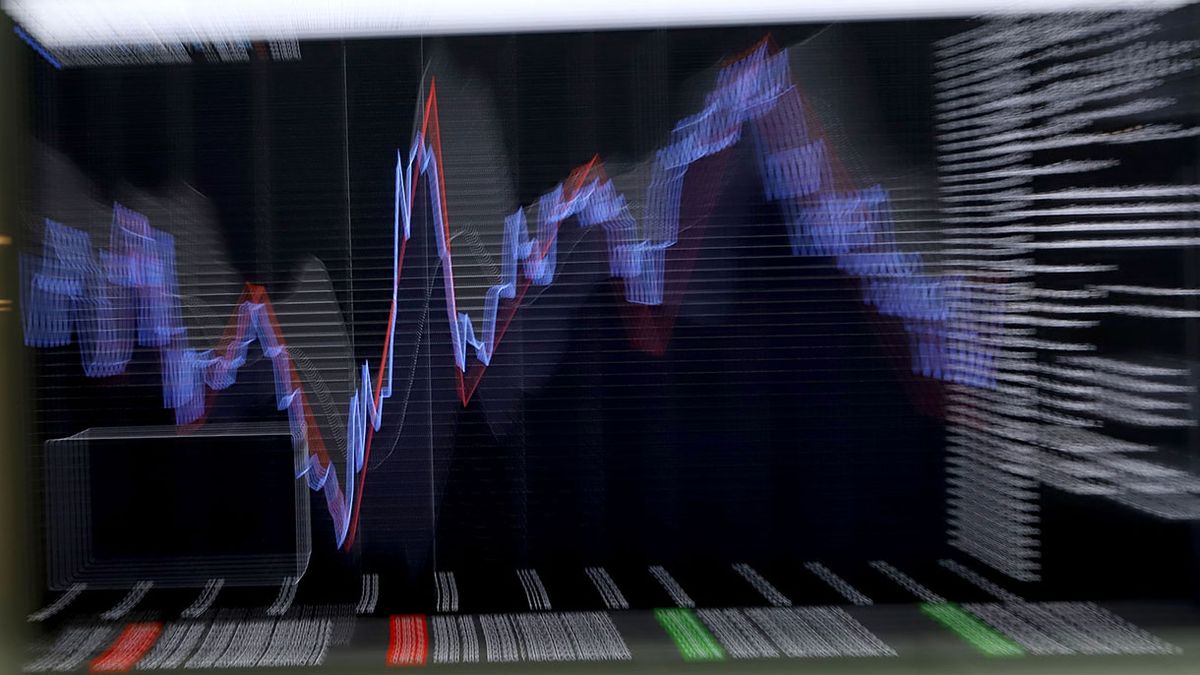- The geopolitical tension (and its main protagonists) implies pressure on the prices of commodities, especially energy such as oil and gas.
- High global inflation and its persistence would come under even more pressure if these tensions continue given the impact of energy prices on the pace of price growth.
- In a context in which geopolitical tension persists, uncertainty is on the rise and the dynamics of global activity are still unknown without the presence of the phenomenal fiscal and monetary stimuli of the Corona-crisis, the world’s main central banks may not go so quickly towards an environment of higher rates (as expected until weeks ago, especially in the United States), being able to reduce the speed at which an inflation acceptable by the Fed is reached (2% annual, today at 7.5 % annual).
- This could keep commodities high as they are often the natural hedge against inflation.
- As if that were not enough, expansionary policies are expected in China given the tensions in the real estate sector in the second half of last year, with the government aiming to avoid any shock in economic activity, which could give support to commodity prices. .
Markets.jpg
wealthandfinance
This international context has in principle a point in favor and another against. Starting with the last one, that the global focus for the moment is on the Russia-Ukraine tension may delay the total closing of the agreement with the IMF, in a context where net reserves are at low levels. Despite this, we believe that the agreement will end up being sealedalthough we remain awaiting the final details.
On the other hand, the point in favor is related to the commodities. Even with estimates for the harvest that have been reduced due to climatic issues, the price effect more than offsets the expected value of Argentine exportswhich could be even higher than in 2021. This will allow rebuild reserves in a framework in which external payments in the coming years are important, although we emphasize that an incentive scheme that favors the export sector will be key to take advantage of it, even in years when the terms of trade are not as favorable as they are today.
Finally, it can also be highlighted as a point in favor that the global disinflation path may be somewhat less accelerated than expected, would reduce the real value of Argentina’s hard currency debt.
The exchange rate and commodities

Where do we stand in terms of investments?
For conservative profiles we continue to prefer options of inflation and currency hedging in a context of high nominality that will persist this year and we highlight in this sense our SBS Income Pesos FCI and SBS Capital Plus FCI.
For moderate profileswe see value in a mix between debt in dollars and equity with solid fundamentals, exposure provided by our Balanced SBS FCI. For its part, we believe that risky profiles could look at the current valuations of sovereign bonds in dollars and in equity as attractive entry points. Within the first asset class we favor GD35 due to convexity and low parity and GD41 due to current yield and legal conditions.
Within the second asset class, we prioritize diversification and we prefer to position ourselves via our SBS Acciones Argentina FCI, with a bias towards materials and energy, sectors that we believe may have a better performance than the Merval as a whole.
Economist at SBS Group.
Source: Ambito
David William is a talented author who has made a name for himself in the world of writing. He is a professional author who writes on a wide range of topics, from general interest to opinion news. David is currently working as a writer at 24 hours worlds where he brings his unique perspective and in-depth research to his articles, making them both informative and engaging.




